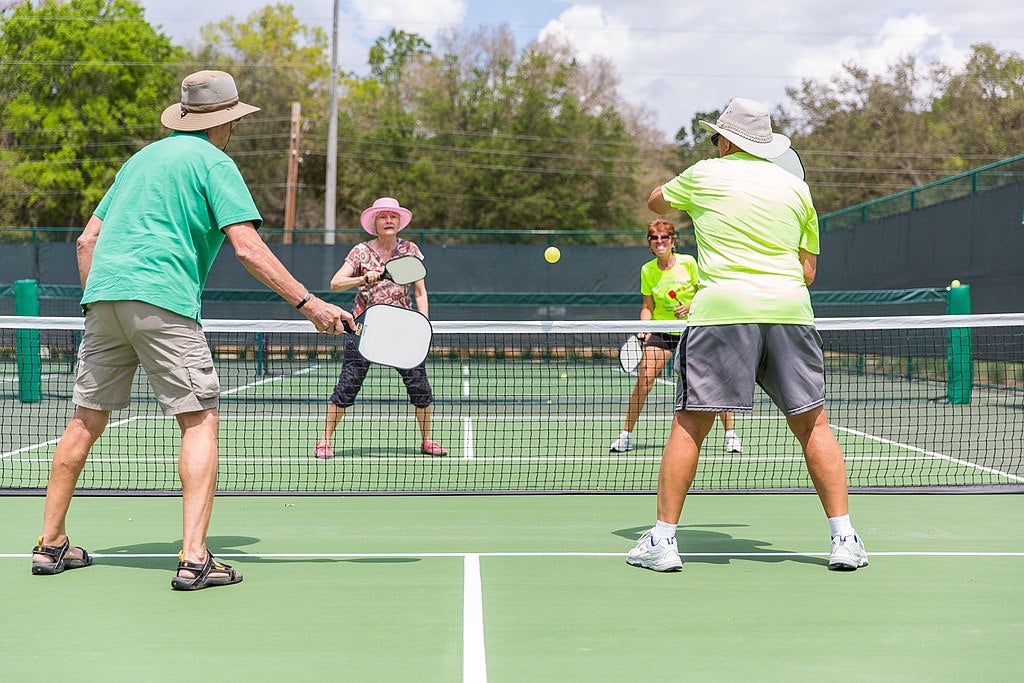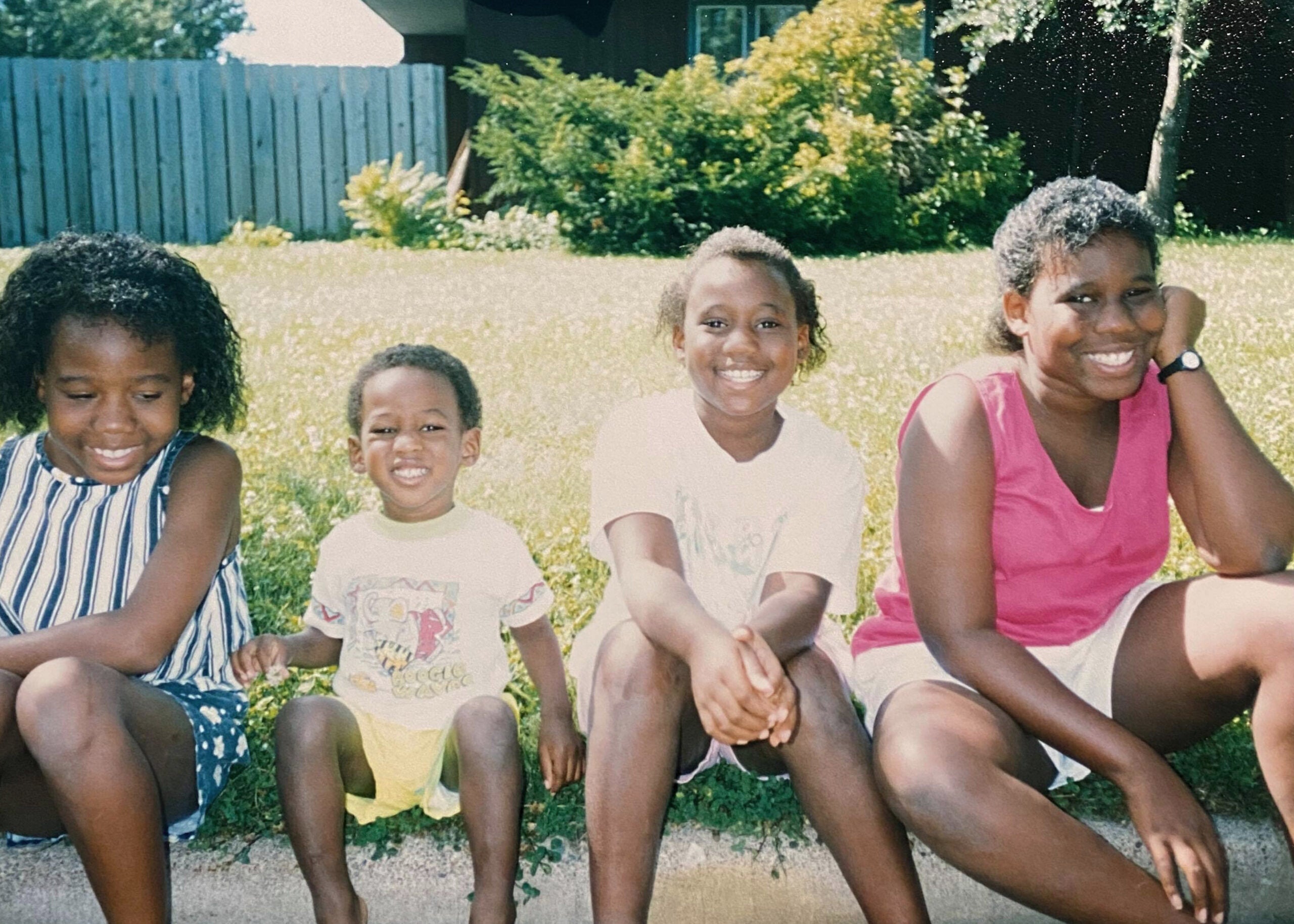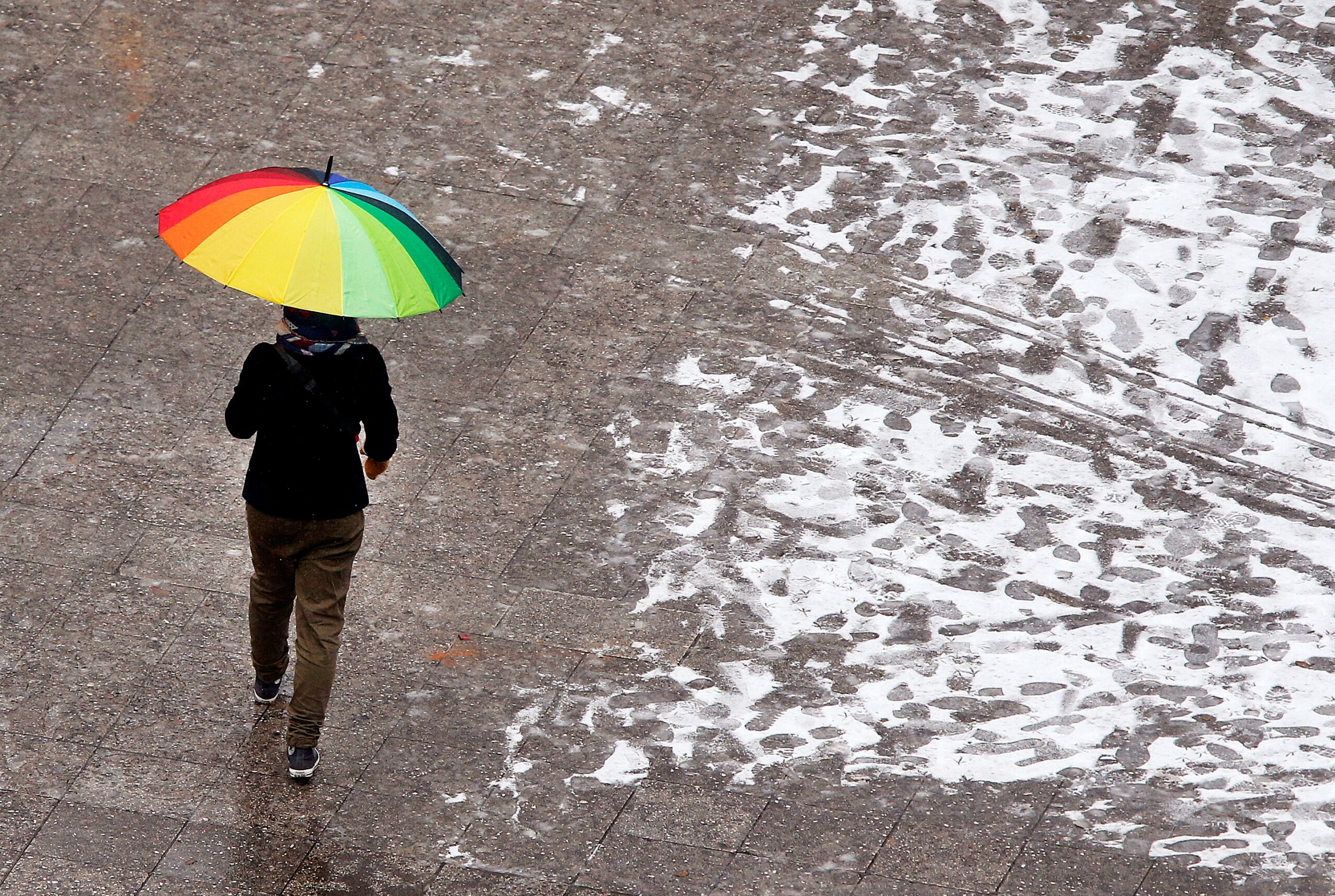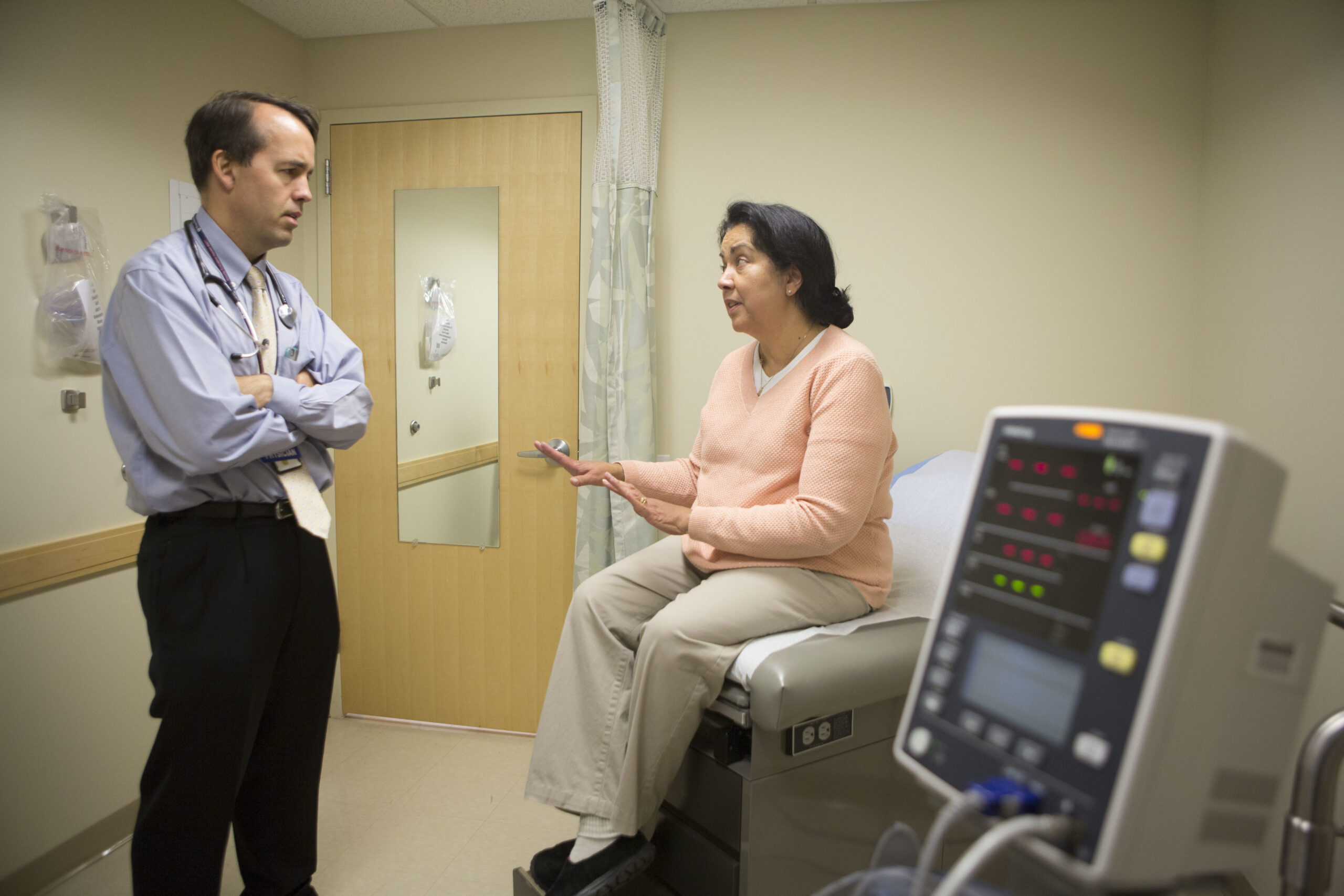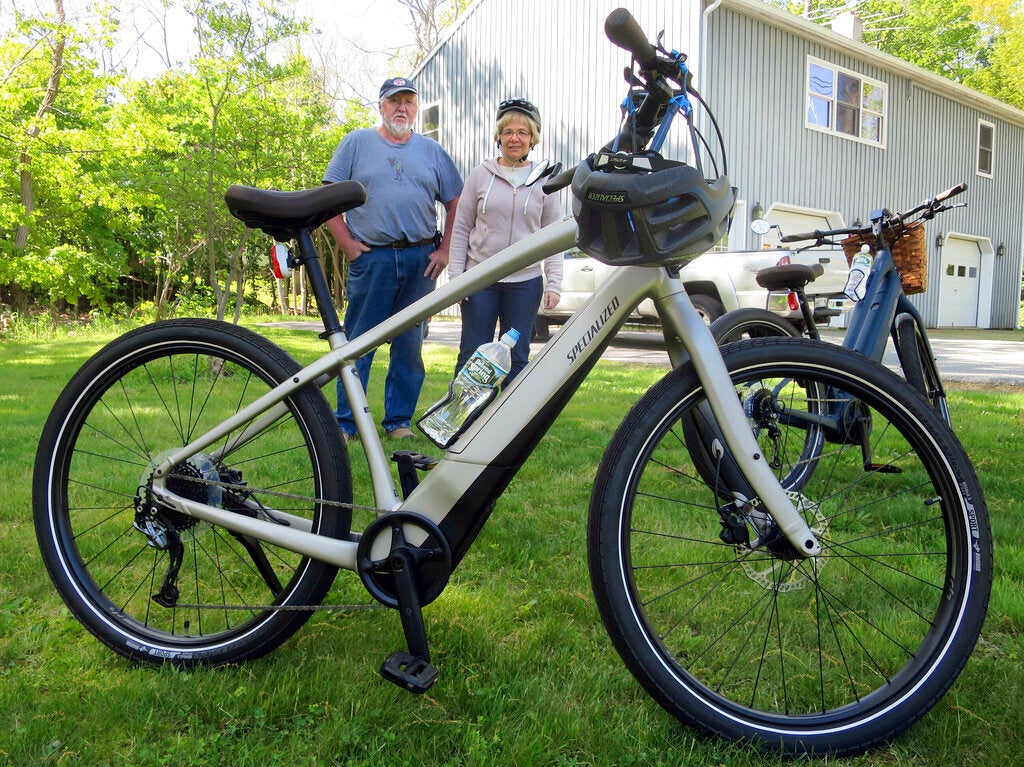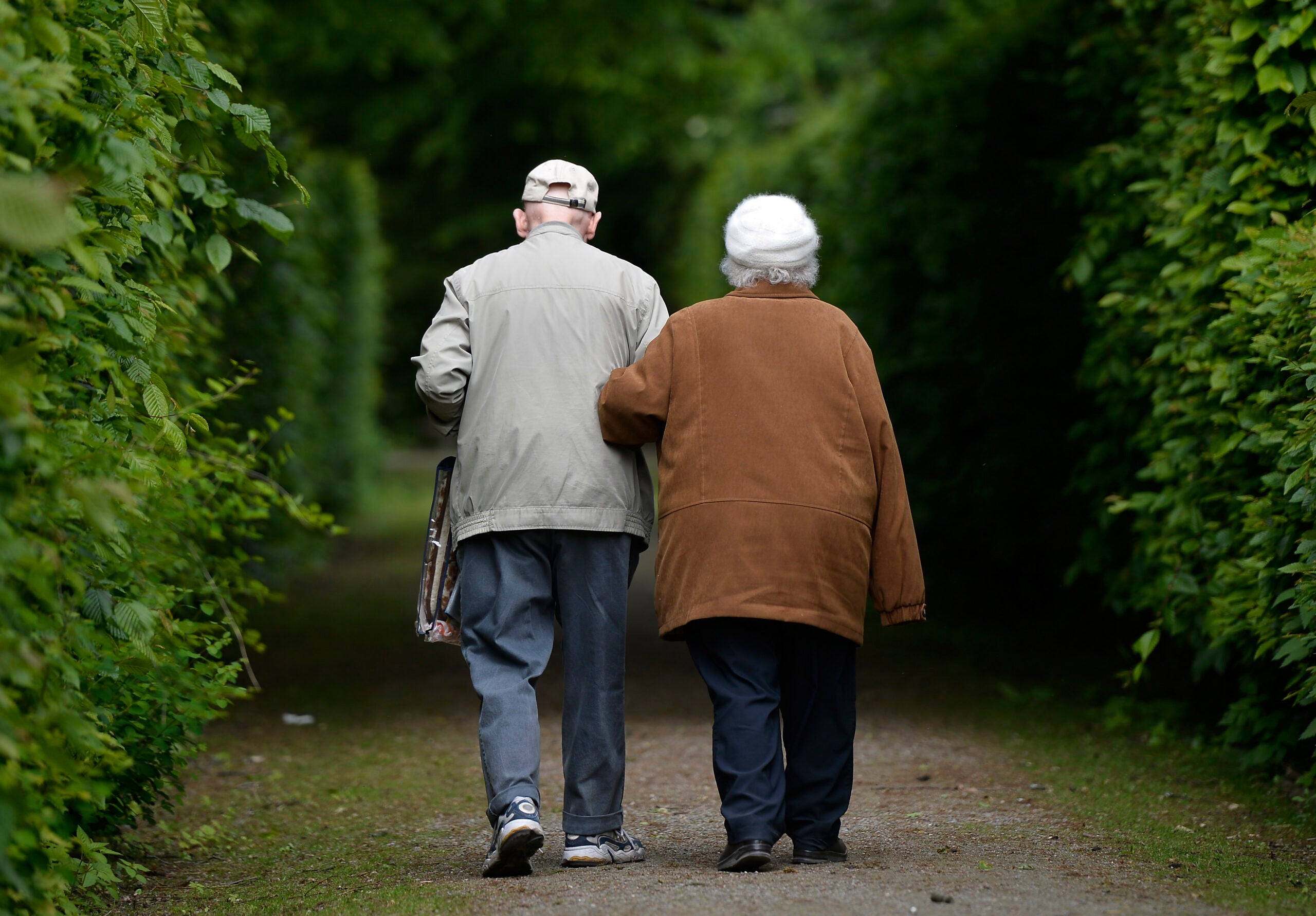I talk a lot about living longer. Why? Because I’m an old guy. I’m 73.
I used to hate when my father said he was a “super senior.” He liked to boast, in a friendly manner, that he still worked — he did right up to the day he died at the ripe old age of 87 — and that he always walked the course, the golf course that is.
Funny story: My dad went to high school in Chicago in 1925 at what was then the newly constructed Theodore Roosevelt High School. They were called the Rough Riders. When my dad died, I put that in the obituary, that he was a member of the Rough Riders.
Stay informed on the latest news
Sign up for WPR’s email newsletter.
What got left out, by accident, was the reference to the high school. So it seemed to imply my dad had been a member of the other Rough Riders, Teddy Roosevelt’s volunteer cavalry formed in 1898 to serve during the Spanish-American War.
Boy, did I get emails. If my dad had been one of those other Rough Riders, that would have made him 107 when he died.
But now, on to why I’m writing this. My dad was an active guy right up to the end. Now that I’m next up to bat, I think about him — what he did and what others do that will help them live a long, sweet life.
There is no guarantee in life, you know this already. I have a dear friend whose husband died suddenly at the age of 60. He was in the prime of life, did everything right: ate right, exercised right, strong family ties, etc. Still, the vagaries of life are there. Randomness.
But just like seat belts reduce your risk of dying in an auto accident, there are things you can do to keep yourself fit.
Of course there’s the usual stuff I talk about all the time — following a more Mediterranean diet, exercising regularly, kicking butt. As in, the cigarette butt. But what about drinking tea?
A study published in the European Journal of Preventive Cardiology followed 100,000 people for seven years. The results found that habitual tea consumption was linked to living more years, and more healthy years at that.
Three times a week seemed to do the trick — the numbers showed it lowered the risk of heart attack and stroke by 22 percent and death from all causes by 15 percent, with green tea having the most benefit. Not bad.
Then there’s alcohol. Recent research out of the University of Georgia shows light to moderate drinking — that is an average of one drink a day for women and two drinks a day for men — just might preserve and perhaps boost cognitive function as you age. Doing this three times a week also seemed to be the sweet spot.
And finally, in talking about living a longer, healthier life, the one obvious thing we’ve all missed during the COVID-19 pandemic is human interaction. Hugging your kids. Going out with friends. Helping your neighbor. Going to soccer games, baseball games, music festivals, graduations — I could go on and on.
The data is irrefutable. The social sphere of our lives is what propels us forward. It’s what often gives us motivation to do the other things that keep us alive.
When I wrote my book, “The Longevity Code: Your Personal Prescription for a Longer, Sweeter Life,” I postulated that there were five spheres that influenced us — physical, mental, family and social, spiritual and material. With this COVID-19 pandemic, I’m ready to change that order. I think the social sphere should be No. 1.
Friends and family, those who love you and you love, are clearly the bottom-line secret to life.
So back to my dad. He never drank, so I can’t ascribe his longevity to that. He ate a fairly good diet, points for that. He golfed or walked every day — he was not a couch potato.
He kept his mind active by continuing to work in sales. But what he excelled in was his social sphere.
He had five sisters, he was close to all of them and when some of them died he stayed close to their kids. He had golf buddies, work buddies and neighborhood buddies.
And when he was asked about the secret of his long, healthy life, he always, and I mean always, replied it was his family and friends, in that order. Maybe, just maybe, that’s the No. 1 longevity booster for you too.
Stay well.
Wisconsin Public Radio, © Copyright 2025, Board of Regents of the University of Wisconsin System and Wisconsin Educational Communications Board.
